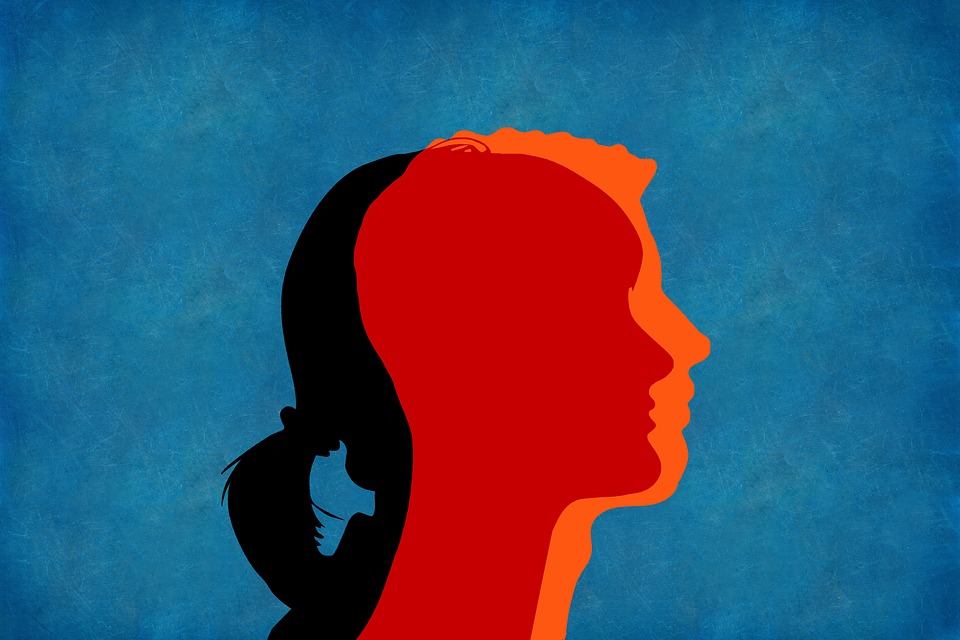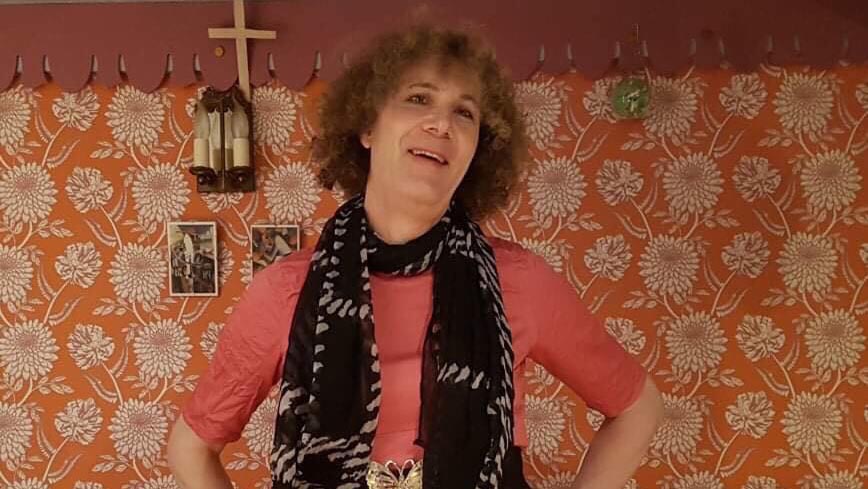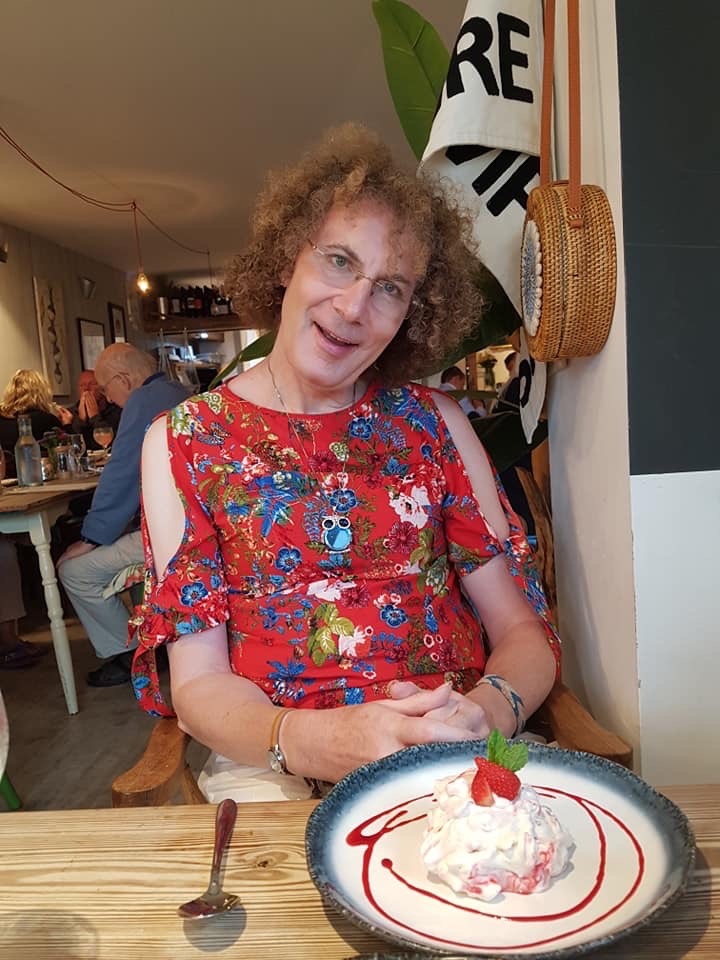
A gay male friend told me recently that he returns to Pride in his home town of Bristol for the drinking, as there is nothing to protest about anymore. Given the rise of hate crimes over recent years, I pointed out that this is not true even for him, let alone for me. It is not that he did not get it, but it had not occurred to him that for many transgender people Pride might be the only setting – if then – in which they actually feel safe going into a pub.
Or take another example. A lesbian friend earlier this year shared a transphobic joke on social media. This suggested that in parts of the LGBTQ+ community – those parts, perhaps, where the need for so many letters to define us is not entirely accepted – the phenomenon of being transgender and the particular forms of discrimination we face are not yet fully grasped. Yet if we, as we should, reject heteronormative assumptions about sexual orientation, why should my lesbian friend have nonetheless have been so ready to accept them when it comes to gender? The many similarities in transgender experiences to those of gays and lesbians – in terms of exclusion, discrimination and being hidden from history – are effectively denied by jokes which treat us as more or less delusional about our gender identity.

Happily, this has proved a rare experience. The vast majority of my gay and lesbian friends have been very supportive both of my transition and of transgender people in general. The high profile of transphobia on the streets and in certain parts of the public sphere has, in my experience, helped to ensure growing sympathy with the issues transgender people can face. All the different nuances of those experiences are, however, not always easy to grasp, even for people who are themselves
Then take the perennial issue of toilets. This, despite the continuing scarcity of gender-neutral ones, has not really been an issue for me as a trans woman. However, I am aware that it can be much more problematic for trans men and for those who identify as genderfluid or non-binary. Awareness of these latter groups, unfortunately, is generally much lower than for us MTF trans people. Nonetheless, they need every bit as much support and are if anything subjected to even more hostility from transphobes, who find their flouting of gendered norms more disturbing than that of the femme-acting trans woman.
Similarly, among the gay community, there is not always ready awareness that the binary, straight/gay, does not necessarily apply to trans people any more than the binary, male/
In addition, there is not always full awareness of the distinctive challenges we face in terms of adjusting both ourselves and our acquaintances to identities which are social, official (changing your passport can be a nightmare) and bodily as well as sexual. Names and pronouns matter for us as signifiers of transition. Yet even in Stonewall-approved universities trans people are still regularly labelled and abused. This is not least because we challenge stereotypes imposed by heteronormativity. These stereotypes have, in the past, been used to confine and control all of us – gay, lesbian and trans – and our exclusion has been our common experience.
Challenging these stereotypes, both as they apply to sexual orientation and to gender is, in my view, a wholly good thing for all of us.

Pippa Catterall is a transgendered woman and Professor of History and Policy at the University of Westminster
Opinions expressed in this article may not reflect those of THEGAYUK, its management or editorial teams. If you'd like to comment or write a comment, opinion or blog piece, please click here.


